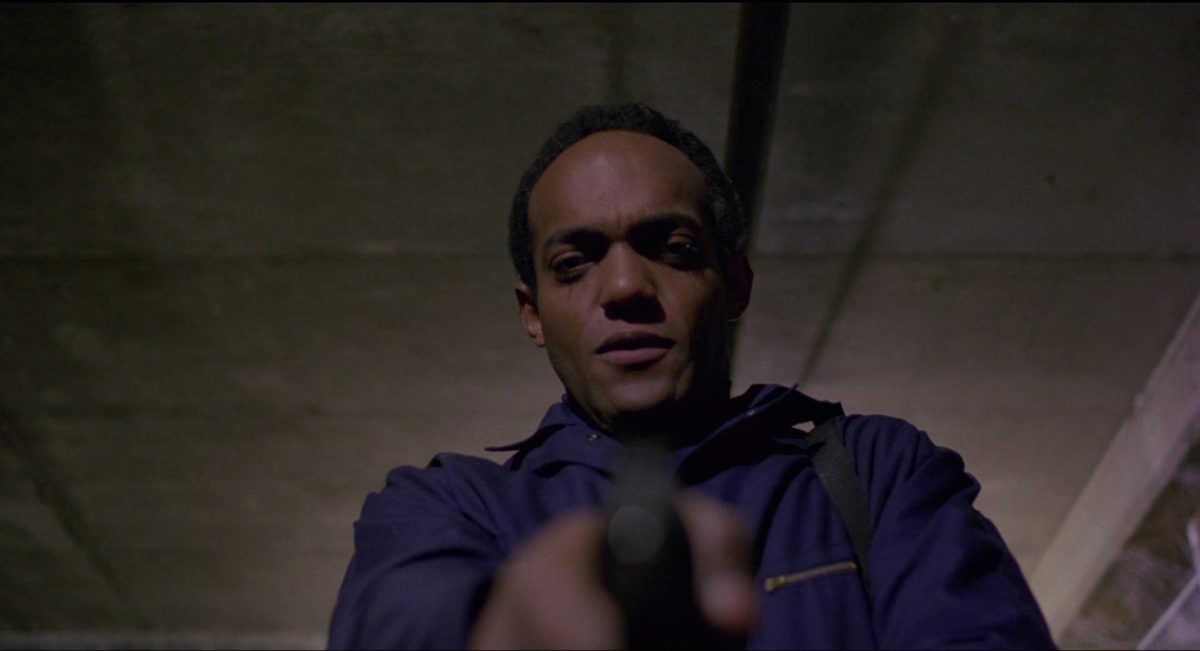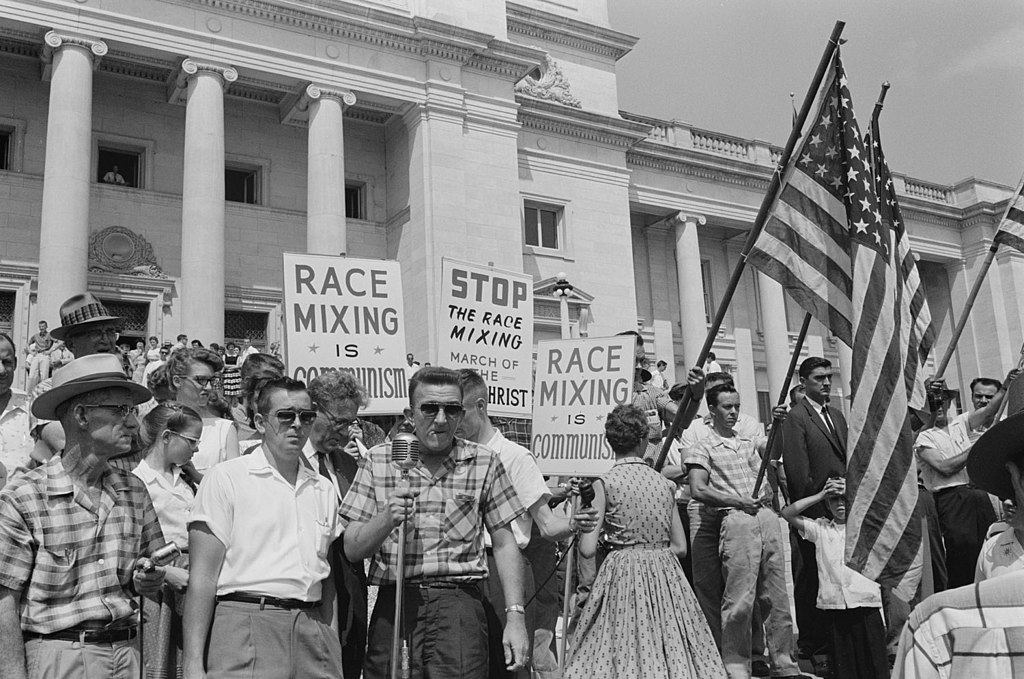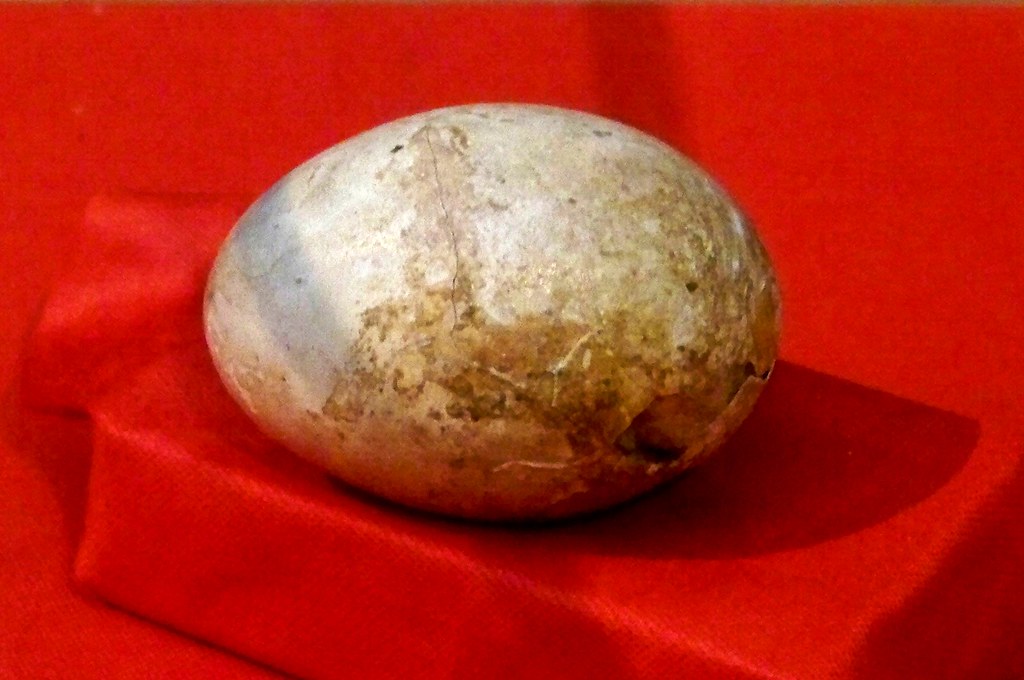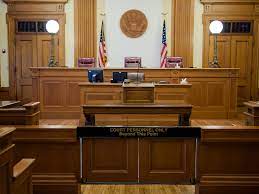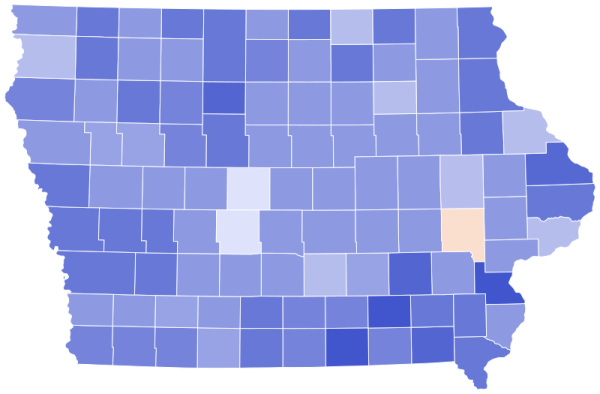A Breakdown of the FBI Raid on Mar-a-Lago

August 29, 2022
On Monday, August 8th, the FBI raided former president Donald Trump’s Mar-a-Lago resort. The FBI gave no reason for their raid, and offered no details about the materials collected. No search warrant was presented, leaving the public baffled and in dire need of an explanation. In the weeks since, more information regarding the raid, the reason for it as well as what was found, has been revealed to the public. Here are the facts.
Prior to the Mar-a-Lago raid, Donald Trump was involved in two separate investigations. One, of course, was the ongoing investigation into the January 6th, 2021 siege of the capital, and Trump’s alleged involvement. The other was an investigation as to whether Trump inflated the value of assets on financial statements in an attempt to receive tax benefits. The deposition for this investigation was set to Wednesday, August 10th, just two days after the raid.
On February 9th of this year, a referral by the National Archives Records and Administration led the Department of Justice opening an investigation regarding Trump and his removal of 15 boxes of documents from the White House. On May 16th-18th, the FBI conducted a preliminary investigation of the 15 boxes in question at the Mar-a-Lago resort, under the supervision of Trump’s legal team. At that time, the FBi removed no documents or other materials from the resort.
The Mar-a-Lago raid took place on August 8th and the FBI left the premises with at least 20 boxes full of documents that were allegedly illegally removed from the White House by the former president. Trump’s legal team was denied permission to supervise the removal of these materials from the Mar-a-Lago resort.
Following the raid, very little information was made available to the public and to the press. The FBI produced no search warrant or affidavit validating the raid. For those unfamiliar, an affidavit is simply a statement which has been written under oath, and whose purpose is to be used as evidence in court. A search warrant is a document which legally authorized members of the department of justice to enter and search a given location. To make a raid such as the one on August 8th legal, the FBI must have each of these documents. The FBI’s reluctance to produce either of these documents led many to question its legitimacy and legality.
Senate minority leader Kevin McCarthy attacked the FBI, declaring the raid to be “weaponized politicization of the Department of Justice” while Trump called out the current administration, claiming they “lost all moral and ethical bounds.” However, this past week, a heavily redacted search warrant affidavit has been released to the public. Included in this document was the following:
The purpose of the raid was to collect a number of documents containing confidential information which the former president had taken from the White House. These documents contained information ranging from classified to top secret. Upon arrival, the FBI expected to find the documents as well as evidence of obstruction. The affidavit establishes probable cause for both Trump’s possession of these documents as well as Trump, or one of his affiliates, obstruction of these documents. With that, a search warrant was issued and the raid was conducted.
As of last Friday, August 26, the Department of Justice released a more detailed list of documents confiscated at the Mar-a-Lago raid. Most of the materials taken were various federal documents, as expected. These documents are now under review to determine their level of classification and whether Trump was authorized to remove them from the White House. In addition to these types of documents, however, additional materials were confiscated. 18 items labeled as “gift item/article of clothing” were taken from the Mar-a-Lago resort, seemingly without any reason.
Upon the disclosure of this information to the public, Trump’s legal team has requested the documents and other materials confiscated at Mar-a-Lago be examined to determine any potential executive privilege. If the materials are determined to be protected by executive privilege, that would allow Trump and his legal team to argue Trump removed the documents and withheld their information for the safety of the American people. In order to make this determination, however, the court will need to appoint a “special master” or unbiased, third attorney, to review the materials taken during the FBI raid.
While the affidavit and recently released list of materials provide more insight into the raid and its purpose, many questions remain unanswered. Namely, what is the Department of Justice’s next move? Do they intend to indict Donald Trump, or did they simply want the confidential materials? Unfortunately, until Trump is formally charged or more information is offered, these questions will remain unanswered.









